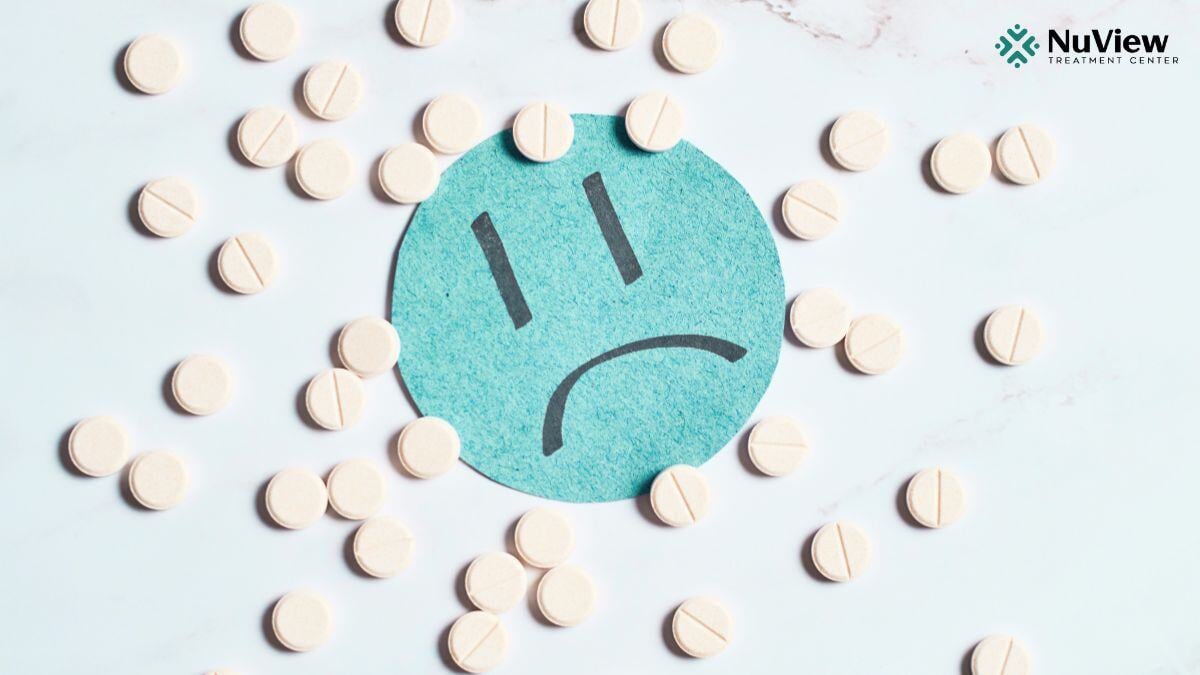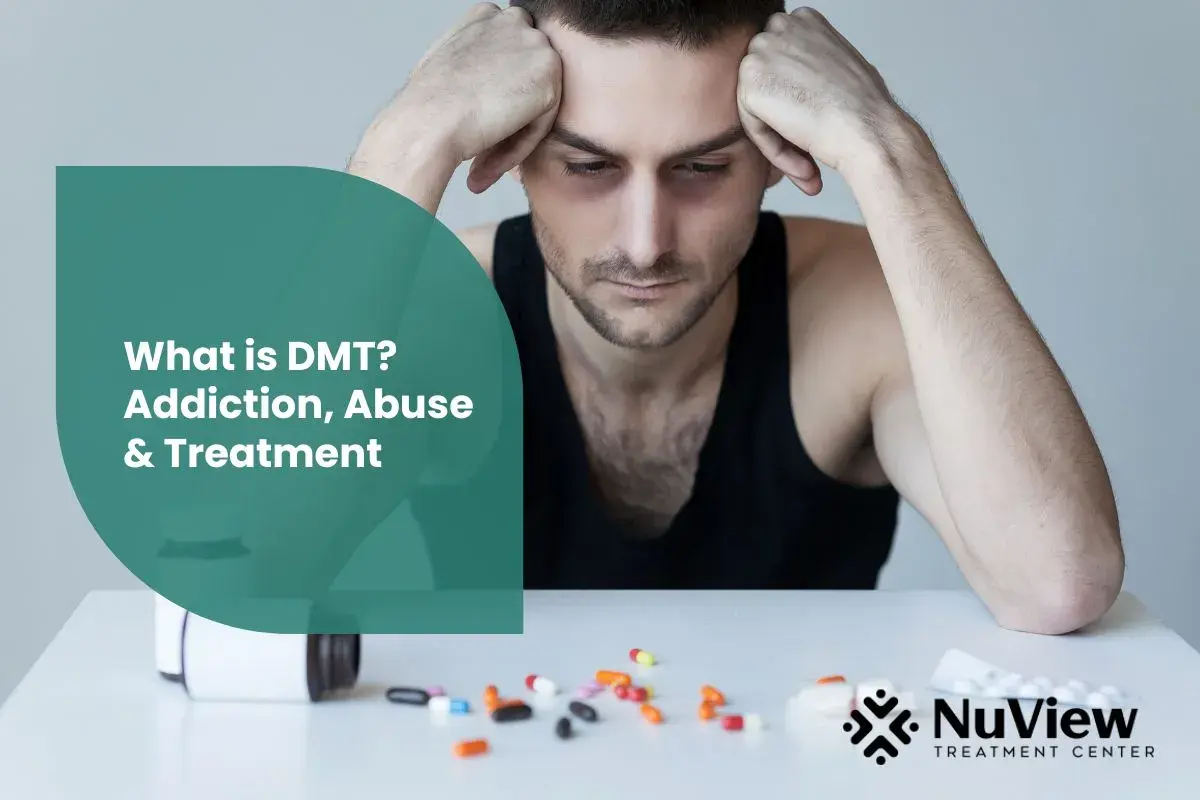Lexapro is an antidepressant; it is used to treat Major Depressive Disorder (MDD) and Generalized Anxiety Disorder (GAD). Lexapro has a relatively longer half-life. This means it can stay in your body for a longer period of time.
On average, Lexapro can stay in your body anywhere between 5 – 6 days following your last dose.
How To Get Lexapro Out Of Your System?
Lexapro’s elimination from your system centers on metabolism. Faster metabolism rates lead to quicker elimination, and slower metabolism rates lead to slower elimination. Metabolism, in turn, depends on a range of factors.
- Dosage and Frequency: High dosage and frequency of use mean that it will take your body a longer time to metabolize Lexapro. So, only take Lexapro as recommended by your doctor and consult with them in case you think you need any adjustments.
- Age: Aging slows down metabolism rates, so older persons may metabolize Lexapro at a slower rate when compared to younger persons.
- Body Weight: Lexapro can stay in your system for longer depending on your weight. Usually, with decreasing body weight, it takes a longer time for the drug to be eliminated. So, a healthy diet and active lifestyle are certain things that must be followed to maintain a healthy, stable body weight.
- Liver Functioning: Liver is the organ responsible for metabolism. Any pre-existing liver conditions and even aging can hamper metabolism rates, leading to a longer retention of Lexapro in the body.
- Kidney Functioning: Kidneys are responsible for excretion, and play a determining role in the elimination of Lexapro from your body. Problems with kidney functioning can, therefore, lead to longer retention of the drug in the body.
Lexapro is used to effectively treat depression and anxiety, and it is a prescription-only medication. Abruptly stopping it or taking it in higher doses/for longer than is recommended by your doctor can lead to physical and psychological issues like withdrawal symptoms. In case, you or your loved one is experiencing any of these symptoms, know that help is always available.
How Long Does Lexapro Stay in Your Urine?
Lexapro can be detected in your urine for between 3 – 4 days following the last dose.
Urine tests are generally preferred for the detection of Lexapro. They are easy to administer, non-invasive, and inexpensive. However, they can only detect fairly recent use of the drug.
Get Started With Nuview Treatment Center
Our dedicated professional staff is here to guide you or your loved one on the journey to lasting recovery, offering support every step of the way.
How Long Does Lexapro Stay in Your Hair?
Lexapro can be detected in your hair follicles for up to 90 days following the last days.
While hair tests can detect Lexapro for the longest period of time, they are not generally preferred because they can even detect the drug after you have stopped using it. This means many false positives. However, in case historical patterns of drug use need to be analyzed, then hair tests can be very useful.
How Long Does Lexapro Stay in Your Saliva?
Lexapro can be detected in your saliva between 1 – 2 days following the last dose.
Saliva tests, while easy to administer and non-invasive, have a short window of detection. Therefore, it is used only for immediate detection purposes.
How Long Does Lexapro Stay in Your Blood?
Lexapro can be detected in your blood between 1 – 2 days following the last dose.
Blood tests are very accurate. However, they are also invasive (albeit minimally) and hence are not as preferred as urine tests. However, in clinical settings, they are quite useful.
Test Type | Detection Window |
Urine | 3-4 days |
Hair | 90 days |
Saliva | 1 – 2 days |
Blood | 1 – 2 days |
Get Started With Nuview Treatment Center
How Long Does It Take for Lexapro to Take Effect?
Lexapro does act quickly, and it can take a few hours for it to increase your serotonin levels. However, it might take a few weeks of consistent use to experience its effects completely.
Half-Life of Lexapro
Lexapro has a long half-life, meaning it can stay in your body for a long time. It has been estimated that Lexapro has an elimination half-life of approximately 27 hours – 32 hours. Meaning, it takes 27 hours – 32 hours for your body to eliminate half of the drug, then half of the remaining drug, and so on. It takes several half-lives before the drug is completely eliminated from your body. This has been estimated to be around 5 – 6 days.
Peak Levels of Lexapro
Lexapro peaks within 5 hours of consumption. At this point in time, the drug is at its most efficient in your system. It can, however, take some weeks before Lexapro’s effects can really be felt. Your doctor will recommend the dosage accordingly.
Types of Lexapro Testing
There are a range of drug tests available to test Lexapro. It all depends on what the requirement is at a given point in time.
Urine Tests:
The most common drug test for Lexapro, it is easy to administer, non-invasive, and cost-effective. It is also highly reliable, and can expertly detect any recent use of the drug.
Hair Tests:
Hair tests have the longest detection window for Lexapro. However, they are not generally preferred as they can be time-consuming and expensive.
Saliva Tests:
Saliva tests are easy to administer and non-invasive. They are also fairly reliable, but given their short detection window, they can be used for immediate detection purposes.
Blood Tests:
Blood tests are highly accurate, however, slightly invasive. They are mainly preferred in clinical settings.
- How To Get Lexapro Out Of Your System?
- How Long Does Lexapro Stay in Your Urine?
- How Long Does Lexapro Stay in Your Hair?
- How Long Does Lexapro Stay in Your Saliva?
- How Long Does Lexapro Stay in Your Blood?
- How Long Does It Take for Lexapro to Take Effect?
- Half-Life of Lexapro
- Peak Levels of Lexapro
- Types of Lexapro Testing
- How To Get Lexapro Out Of Your System?
- How Long Does Lexapro Stay in Your Urine?
- How Long Does Lexapro Stay in Your Hair?
- How Long Does Lexapro Stay in Your Saliva?
- How Long Does Lexapro Stay in Your Blood?
- How Long Does It Take for Lexapro to Take Effect?
- Half-Life of Lexapro
- Peak Levels of Lexapro
- Types of Lexapro Testing
Get Help Today!
Everyone is Welcome Here and We All Have Your Back
Your healing journey deserves a personalized approach. At NuView, we integrate expertise in behavioral therapy, mental health, and substance use treatment to create a customized recovery plan tailored to your unique needs.
Connect with our Admissions Specialists today.







Written By
Dr. Ryan Peterson